From century vision to dual mission
In 2000, as the world entered the new millennium, the Inter- Parliamentary Union (IPU) proposed an unprecedented initiative: to convene the world's parliament speakers in New York, right before the UN Millennium Conference. Since then, the World Conference of Speakers of Parliament has been held every five years, becoming the highest forum of the world's legislative branch.
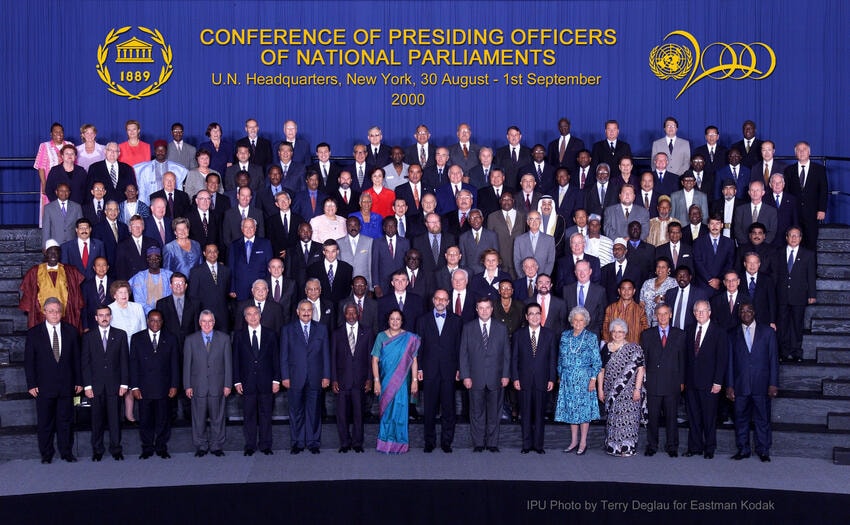
The first Conference of Speakers of Parliament in New York in 2000. Photo: IPU
From its symbolic beginning, the Conference quickly took shape on two strategic missions: Promoting the role of national parliaments in global processes, especially in close coordination with the UN; and enhancing the capacity of parliaments to implement global goals such as the SDGs.
Achievements through 5 conferences
Over the past 25 years, five conferences have issued influential statements and directives:
In a context of threatened multilateralism, the first conference (New York, 2000) focused on expressing support for the United Nations as the most important institution for international cooperation. Through the Declaration “Parliamentary Vision for International Cooperation at the Dawn of the Third Millennium”, the Speakers of Parliament affirmed that the multilateral system cannot be without the participation of parliaments; at the same time, they committed to ensuring that their parliaments would contribute more substantively to the work of the United Nations.
The second conference (New York, 2005) adopted the Declaration “Narrowing the Democracy Gap in International Relations: The Strong Role of Parliaments”, which made a strong call for multilateral action to address global issues and pledged to support the development of a strategic and mutually beneficial relationship between the UN and the IPU.
At the Association At the third session (Geneva, 2010), the Presidents expressed their support for the UN and reiterated their support for the IPU as the most suitable international organization to build a strong relationship between parliaments and the UN.
The Fourth Conference (New York, 2015) adopted the Declaration “Putting Democracy at the Service of Peace and Sustainable Development: Building the World People Want”. Here, the Chairs reaffirmed the principles of the Universal Declaration on Democracy, and established the essential link between democratic governance, peace and sustainable development.
Due to the Covid-19 pandemic, the Fifth Conference was held in an extraordinary format in two parts: an online session in August 2020 and an in-person session in Vienna in September 2021. In the context of the world facing unprecedented challenges caused by the pandemic, the Presidents adopted the Declaration “Parliamentary Leadership for More Effective Multilateralism, Peace and Sustainable Development for People and the Planet”, setting out a vision for a multi-sectoral approach and global cooperation to respond to health crises, social inequalities, the digital divide and environmental degradation.
The Conferences of Speakers of Parliaments are organized in close cooperation between the IPU and the UN, so they are always held in cities with major UN Offices (New York, Geneva, Vienna). The Conferences include plenary sessions, thematic discussions, round tables and in-depth reports.
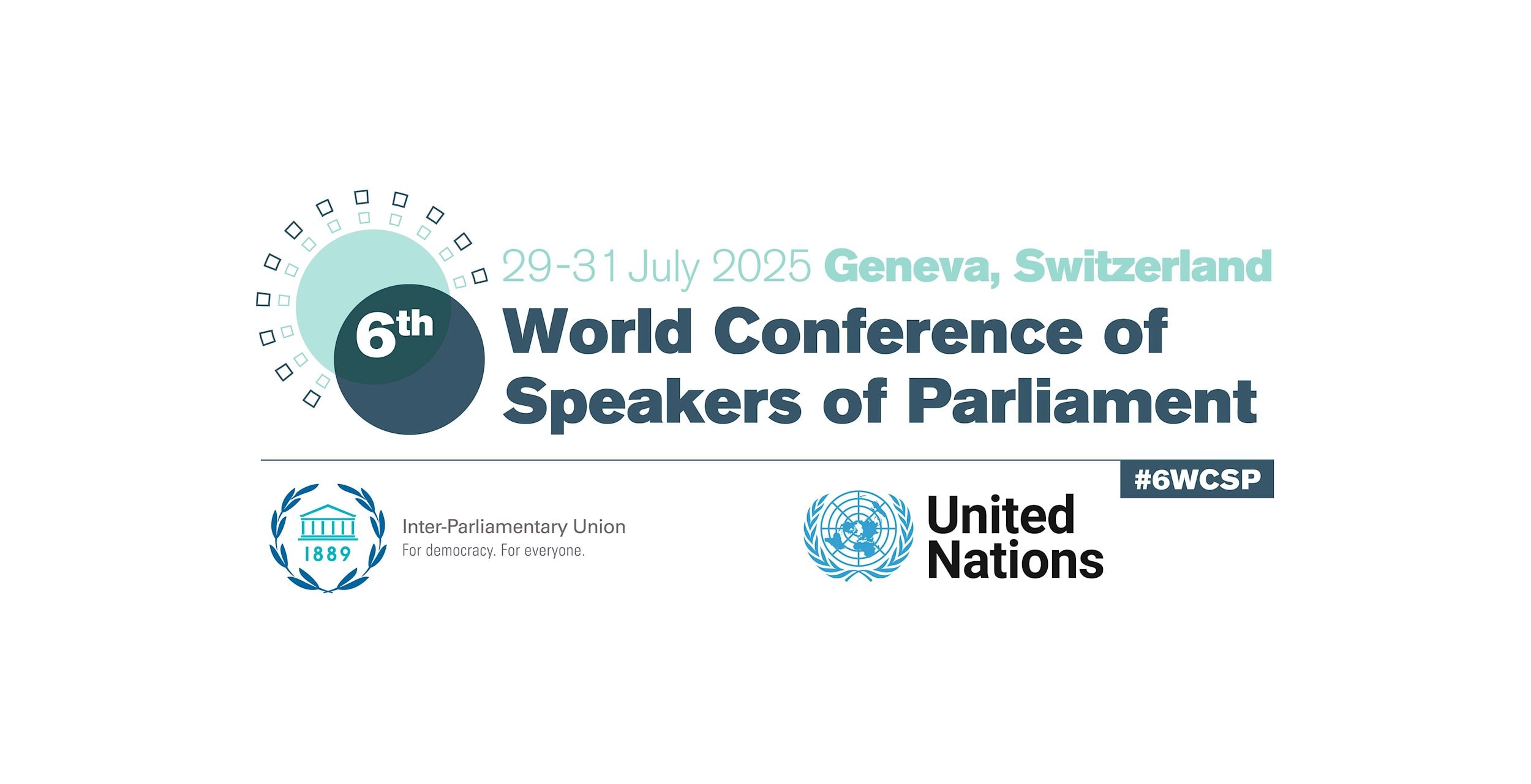
Logo of the 6th Conference of Speakers of Parliament. Source: IPU
The biggest conference
The 6th Conference will take place from July 29 to 31, 2025, with the participation of nearly 300 delegates, including Speakers of National Assemblies, Houses of Representatives and Senates from more than 170 countries, senior representatives from the United Nations, multilateral organizations, scholars, civil society organizations and international press, the event marking the largest Conference ever.
Traditionally, ahead of the conference, the 15th Summit of Women Speakers of Parliament will be held on 28 July 2025 - an initiative to promote gender equality in legislative leadership.
6 content highlights
AI monitoring, citizen rights protection: The discussion session “The role of Parliament in shaping the future of digital transformation” will be an important highlight, bringing the breath of the times when parliamentary leaders discuss the role of parliament in shaping the legal framework to manage and control new technologies such as AI, big data, cybersecurity, privacy, data rights - which are the existential challenges of the 21st century.
Promoting gender equality and youth participation: Following the success of previous editions, the Conference will hold a thematic session on promoting the proportion of female parliamentarians, creating political space for youth and disadvantaged groups to participate in global policy making.
Peace, sustainable development, human rights: Make specific commitments to support diplomatic efforts, through mechanisms to promote conflict mediation, humanitarian assistance and implementation of the Human Rights Convention.
Accelerating the implementation of the SDGs: Parliaments are expected to play a key role in accelerating the implementation of the SDGs by 2030, from climate change to health, education, green economy and decent work, not only through budget allocations, but also through monitoring government action programmes and citizen engagement.
Promoting inter-parliamentary cooperation: The conference is an opportunity for national parliaments to strengthen multilateral coordination and build action coalitions, especially in the context of increasing conflict, division and inequality.
On the final day, the conference will adopt the “Geneva Declaration”, a document guiding the global parliamentary action strategy for the period 2025-2030, and is expected to develop a new set of guidelines to help parliaments apply international law, from the environment to human rights, in a cross-sectoral and global way.
The 6th World Conference of Speakers of Parliament in Geneva promises to be a vivid symbol of the cooperation between the highest parliamentary body and the United Nations, working towards a stable, just, sustainable and democratic world. From empowering women, promoting youth participation, to digital adaptation, this is the forum for the world’s leading lawmakers to assert their role in shaping our common future.
Source: https://daibieunhandan.vn/hoi-nghi-cac-chu-tich-quoc-hoi-vai-tro-cua-nghi-vien-trong-dinh-hinh-tuong-lai-chung-10380321.html


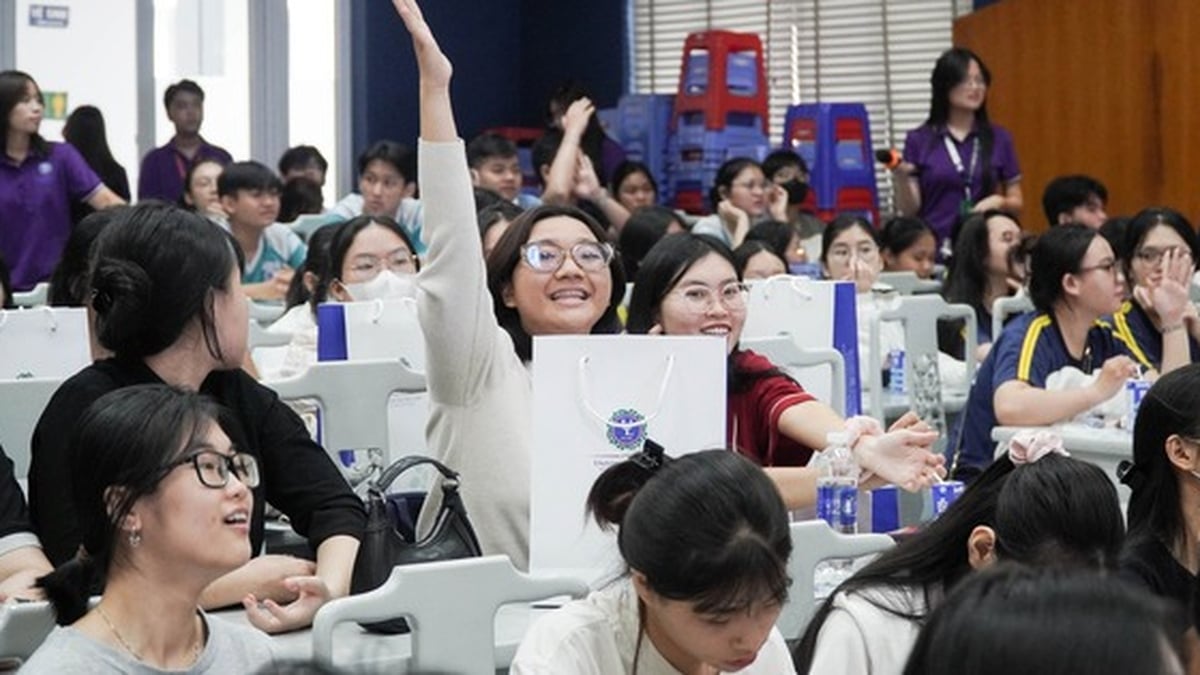
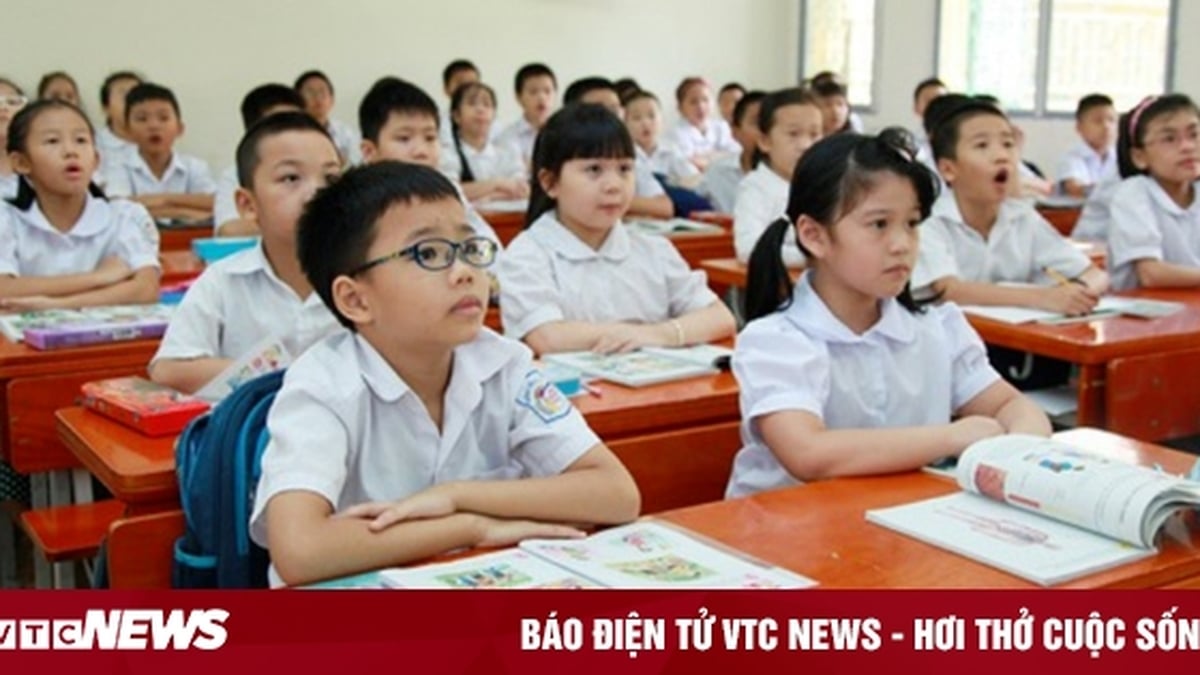
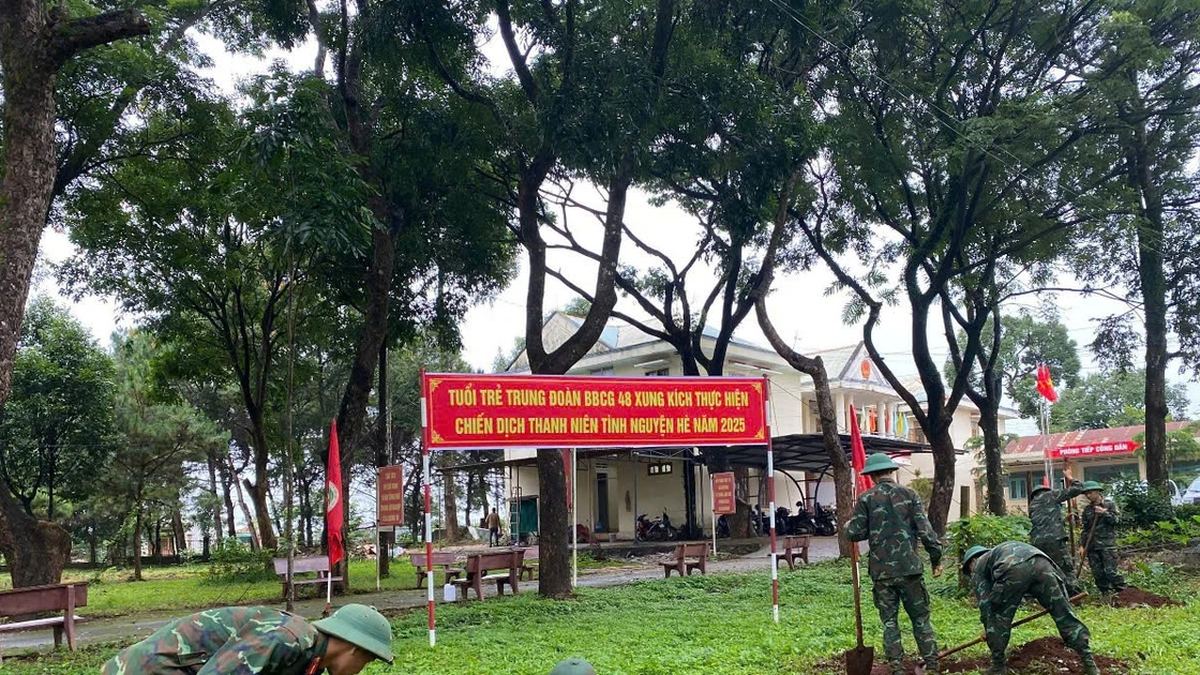

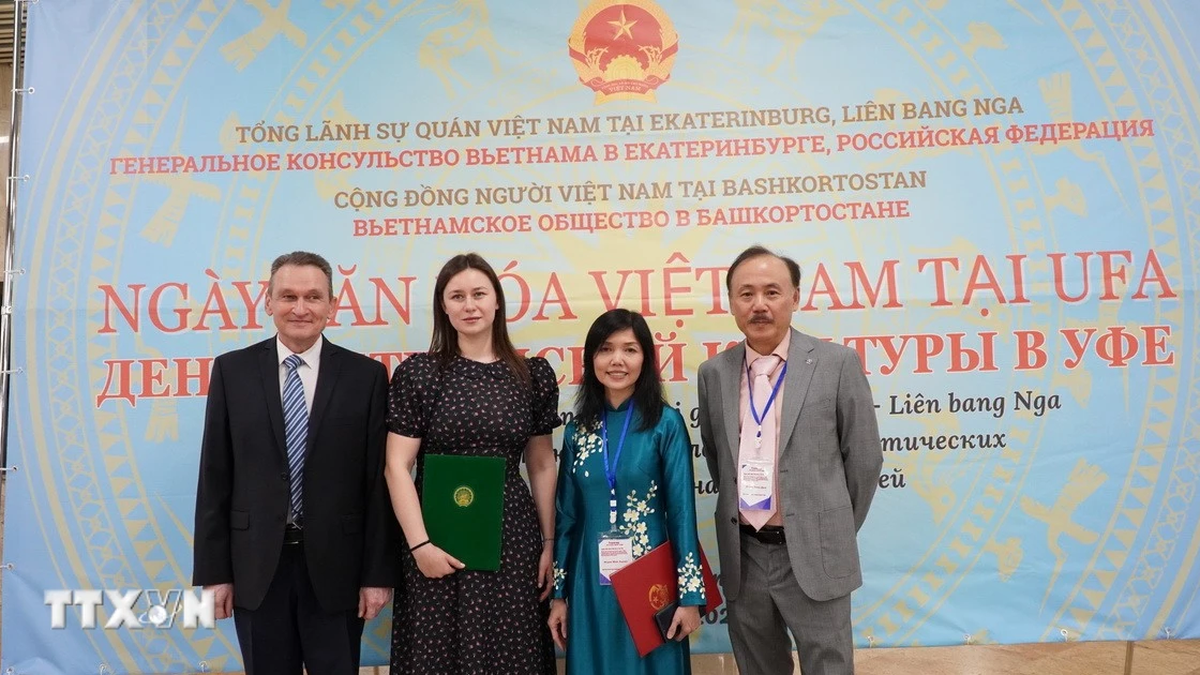
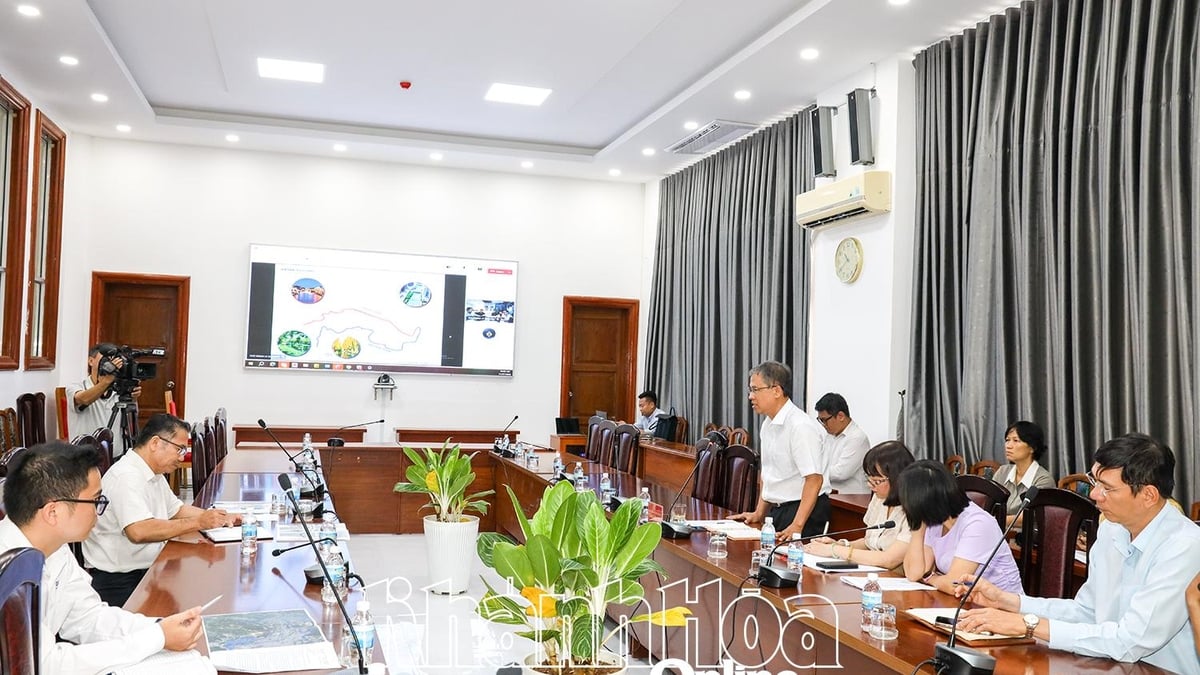


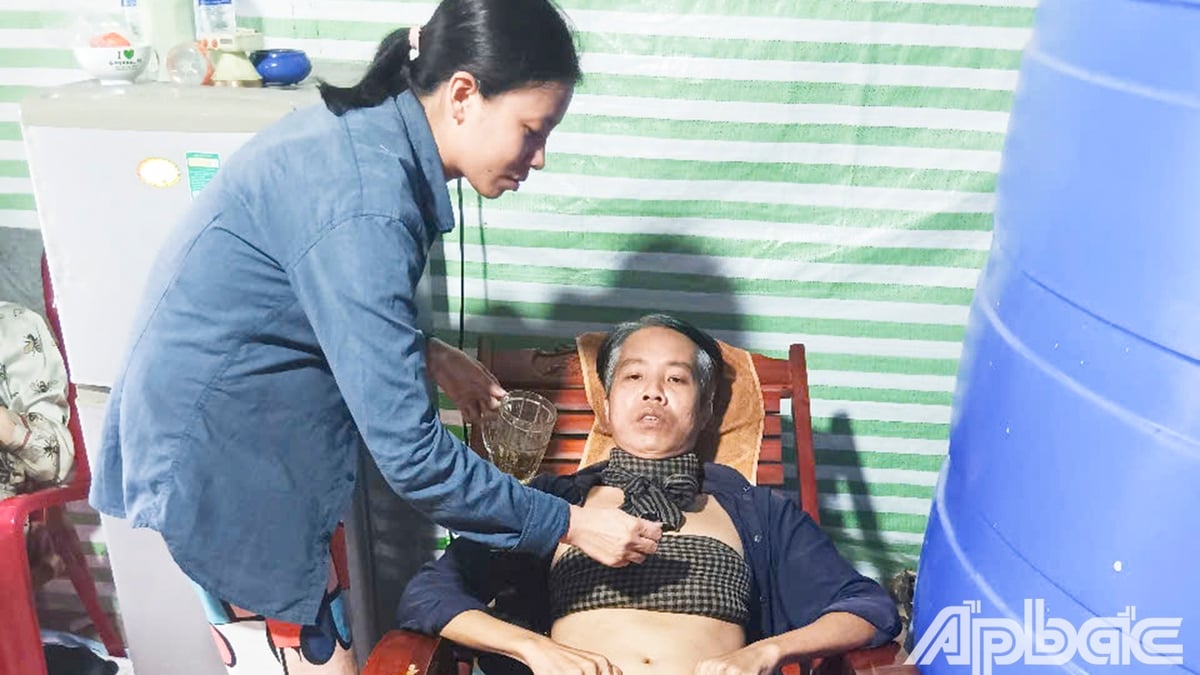
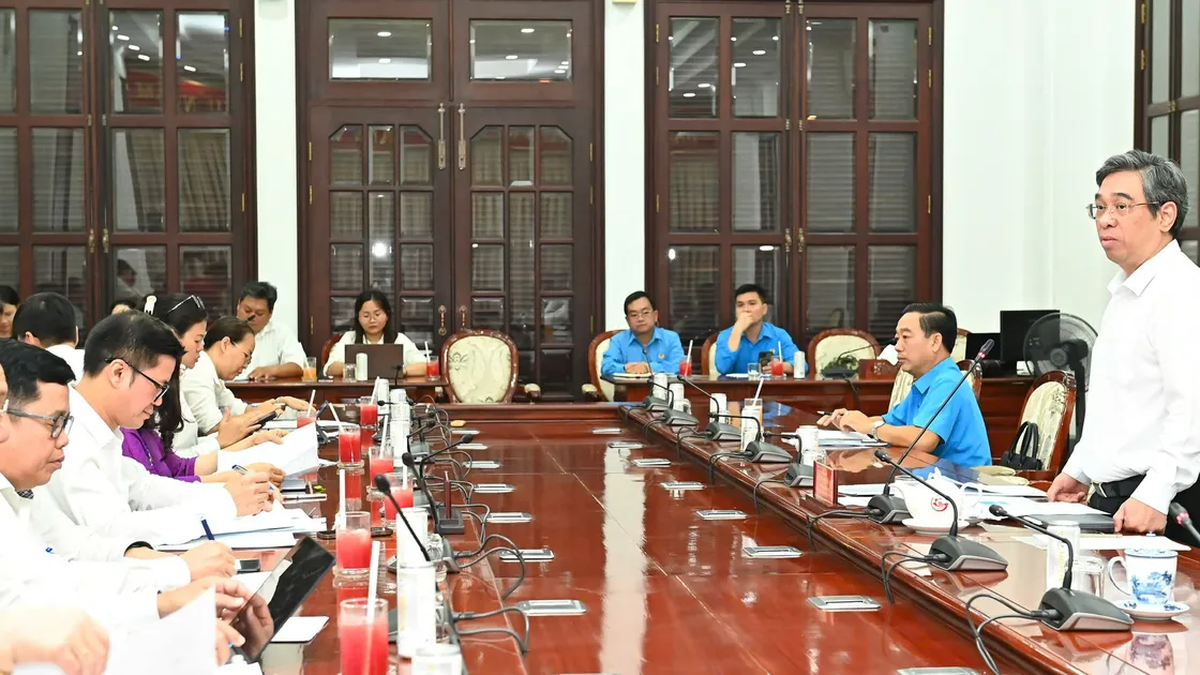



















![[Photo] National Assembly Chairman Tran Thanh Man visits Vietnamese Heroic Mother Ta Thi Tran](https://vphoto.vietnam.vn/thumb/1200x675/vietnam/resource/IMAGE/2025/7/20/765c0bd057dd44ad83ab89fe0255b783)






























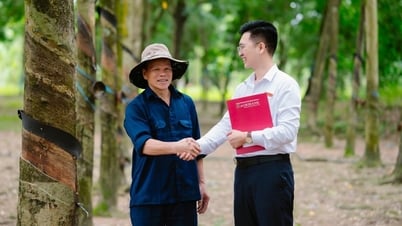






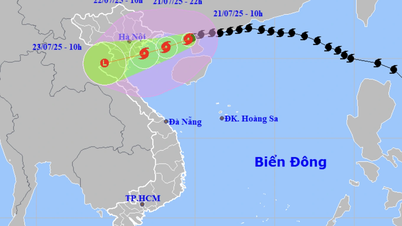
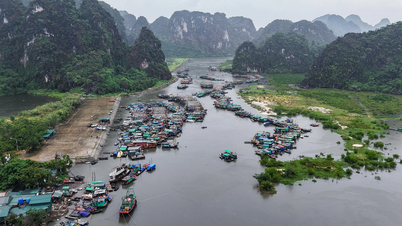




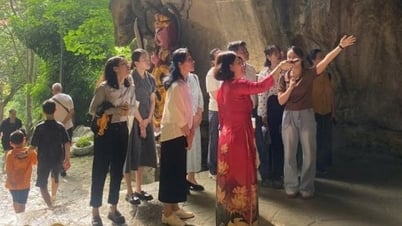
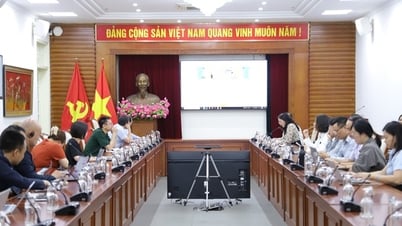
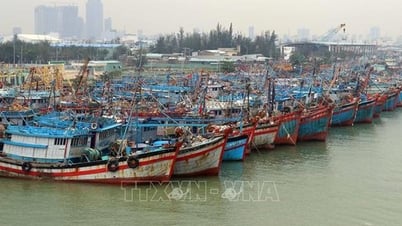





















Comment (0)